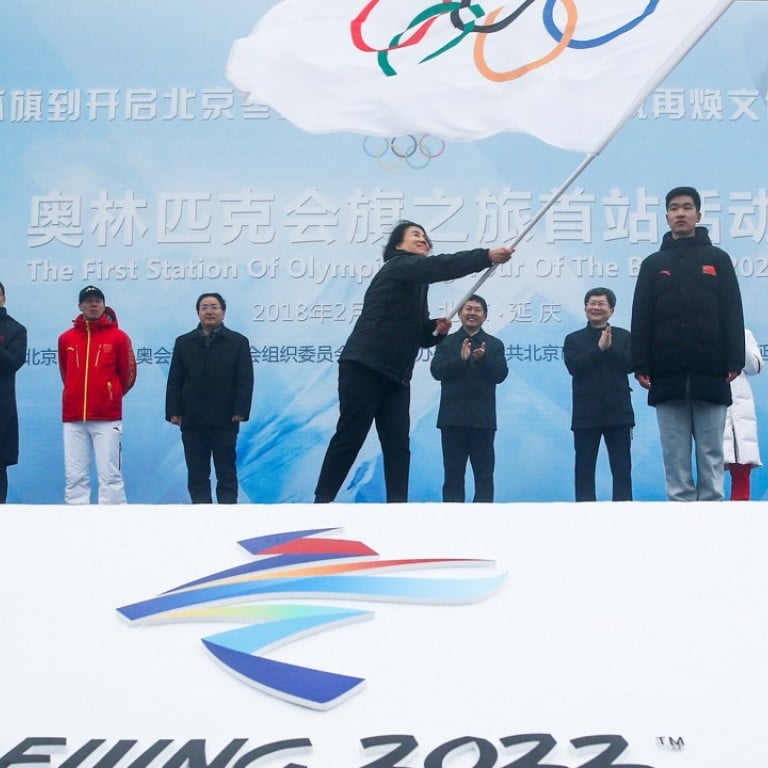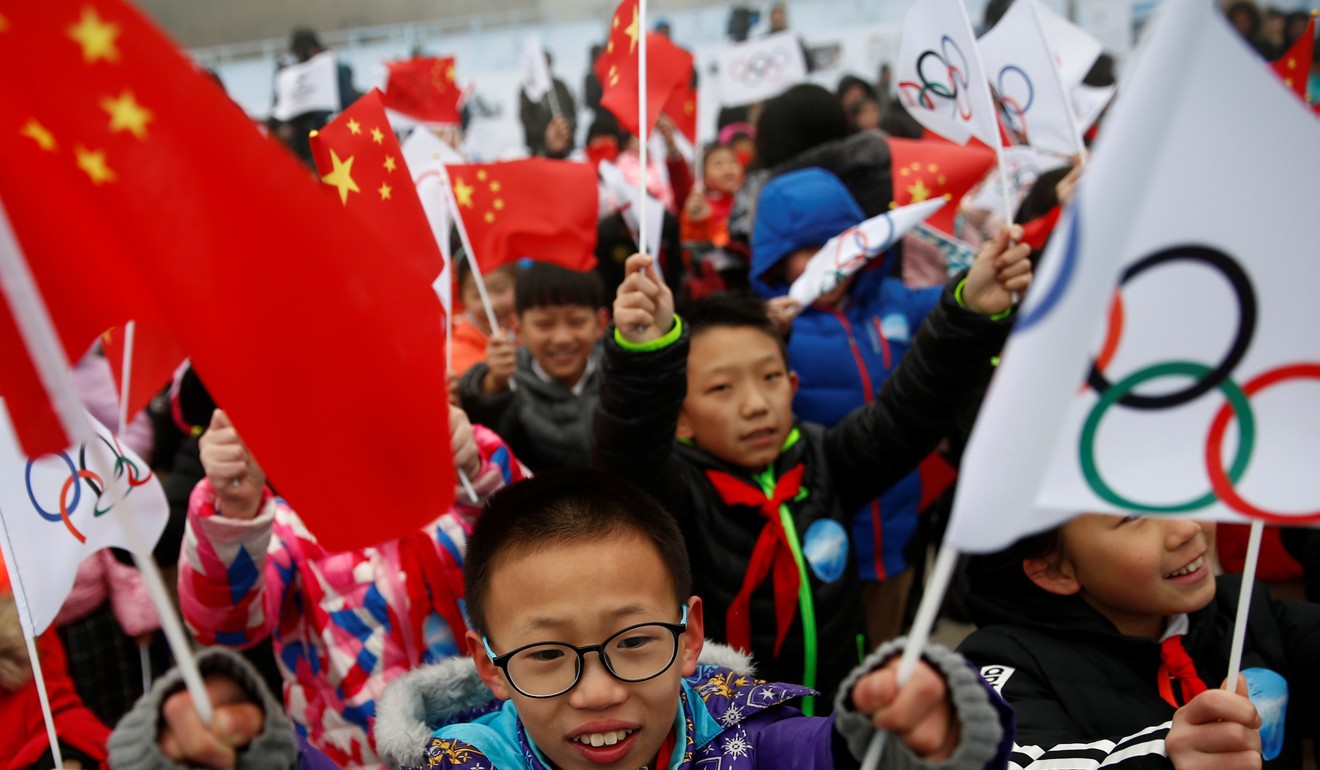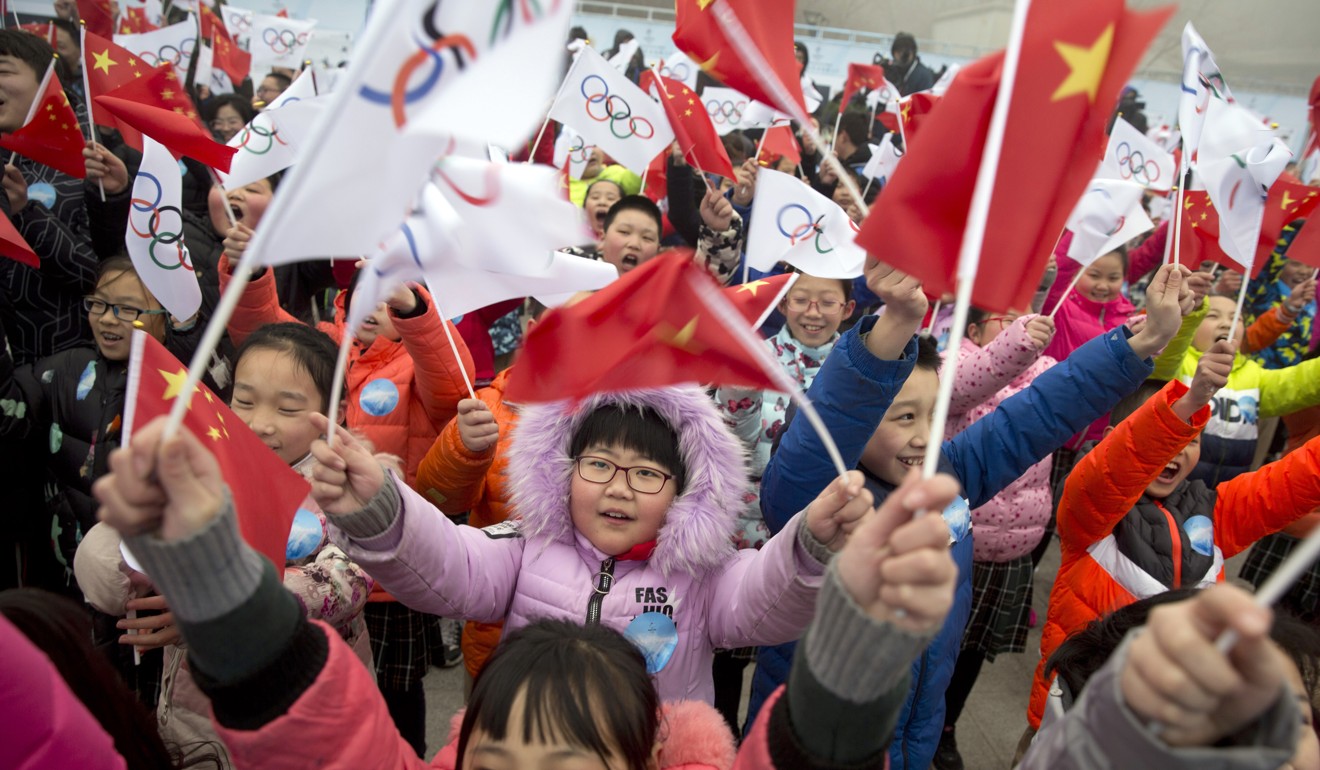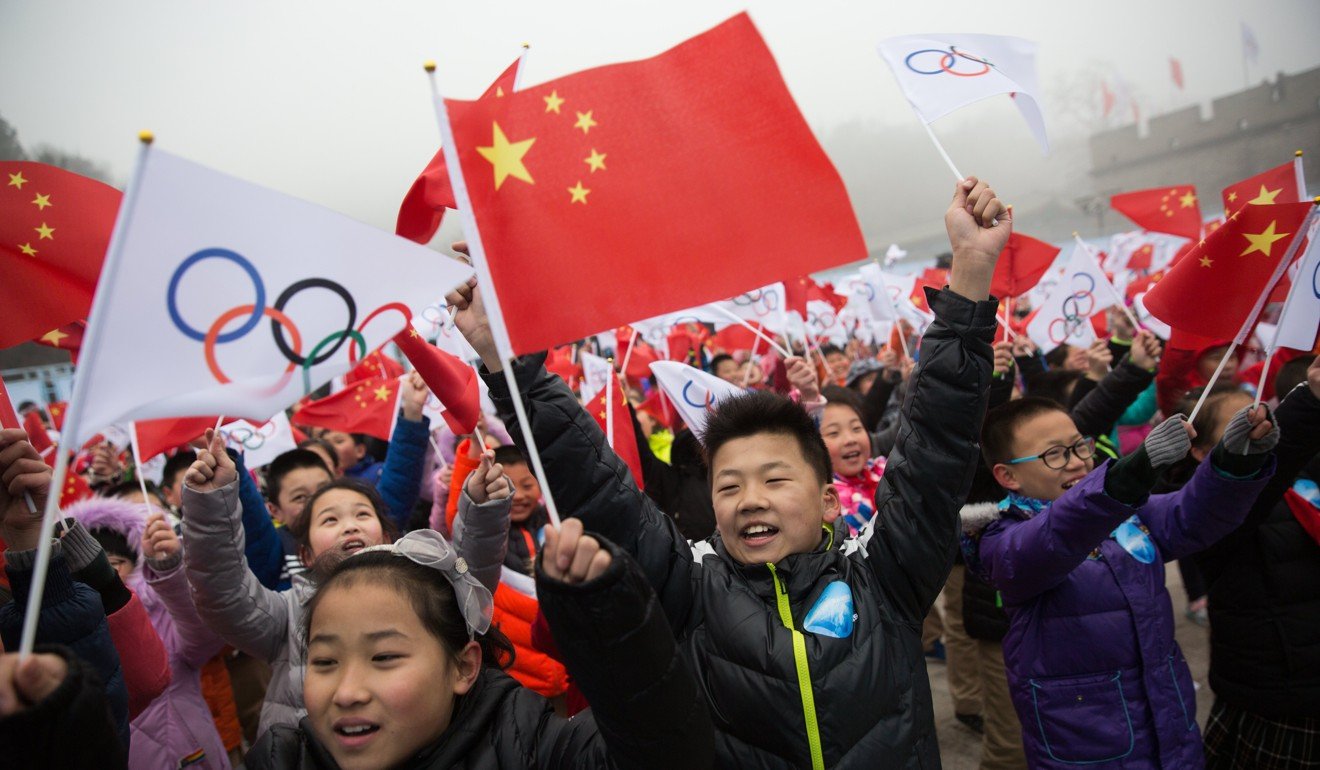
Beijing spends big as it prepares for a costly 2022 Winter Olympics
With the Pyeongchang Games in South Korea having wrapped up on Sunday, the focus turns to Beijing as China spends big to host its first Winter Olympics in 2022
Villages are being razed in northern China. Mountains are being cut to size. And new stadiums, high-speed train lines, expressways and three separate Olympic villages are coming to life.
Still four years out, the tab for the Games has ticked upwards, with outlays appearing to eclipse the budget in Beijing’s winning bid by at least half a billion dollars, according to a review of government requests for the massive project.

That event amounted to a stunning coming out party for the rising giant – but afterwards many of the venues sat empty.
Beijing has pledged this time will be different, with officials drumming up sustainable development and post-Olympics plans for the heap of new facilities.
But in Chongli, where snowboard and ski events like the halfpipe will run, thousands of farmers are being pushed from their land.
In Taizicheng village, the site of a planned Olympic village, mammoth train station and snow town, only soil remains where villagers’ homes once stood.

A new expressway and high-speed train for whisking athletes to events will cut through the area.
Ying Gui, 64, and his family of five are among the few remaining villagers.
“We will leave once we sell all this,” said his daughter-in-law, waving at the candies, rice wine and gloves packed onto the shelves of their home, which doubles as the village store.
“We will have no home, no land for crops, nothing at all left,” she said, adding however that she was satisfied with the compensation offered by the government.

The rural corridor north of the city is turning into ski fields, stadiums and housing.
China’s new national sliding centre (for bobsledding and luge) will run to at least $257 million. The national alpine ski centre for ski racing will cost $311 million. A Nordic centre with ski jumping is estimated at $246 million.
Even projects to rehabilitate land scarred by mining that tourists might see out the window as they hurtle north from Beijing are under way.
When summed together, earmarked costs for a portion of the Olympic projects already exceeds $2 billion, according to the estimates.
That vast sum does not include the billions needed for the high-speed rail line or expressways to link together the three different Olympic zones, or compensate displaced farmers like Ying.

.png?itok=arIb17P0)